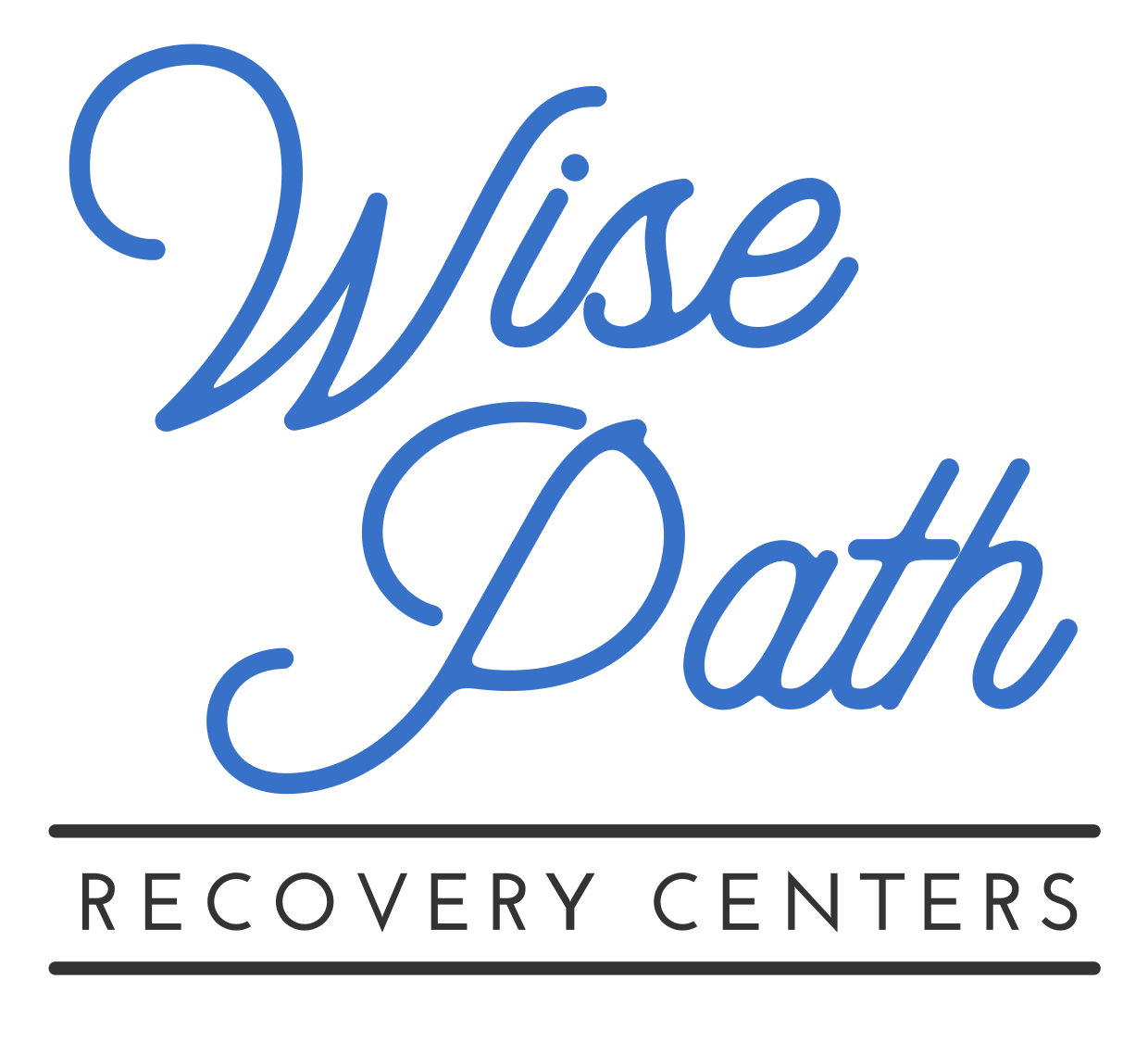Some people struggle with addiction. Others live with mental health challenges. But for many, both happen at the same time. This is known as a dual diagnosis, and it is more common than most people realize.
In communities across West Virginia and beyond, people are facing anxiety, depression, trauma, and substance use all at once. When these issues overlap, it can make recovery feel complicated. But with the right kind of care, it is possible to heal both the mind and body.
This guide explores what dual diagnosis really means, why it matters, and how treatment in West Virginia is helping people move forward.
What Does It Mean to Have a Dual Diagnosis
A dual diagnosis happens when someone experiences both a mental health disorder and a substance use disorder at the same time. These are not separate issues. They interact, often in ways that make both worse.
Someone might start using alcohol or drugs to manage anxiety or depression. Others may find that substance use creates new emotional struggles they never had before. Either way, both problems need to be treated together for recovery to last.
You can see more about the conditions we treat in West Virginia, including co-occurring mental health and addiction.
Understanding Dual Diagnosis and the Link Between Mental Health and Substance Use
Mental health and addiction are deeply connected. Substance use may begin as a way to cope, but it often ends up making symptoms harder to manage. At the same time, untreated mental illness can make it feel impossible to stay sober.
Understanding dual diagnosis means recognizing this back-and-forth. It means seeing a person as more than their addiction or diagnosis. It is about getting to the root of the problem and offering care that addresses both.

Why It Is So Often Missed or Misunderstood
Dual diagnosis can be easy to overlook. Sometimes substance use hides mental health symptoms. Other times, emotional struggles are dismissed as side effects of addiction.
In many treatment settings, people are only screened for one issue or treated for one at a time. That approach can leave the other problem untouched, making relapse or worsening symptoms more likely.
By understanding dual diagnosis more clearly, families and providers can begin to ask better questions and offer more effective care from the beginning.
Drug & Alcohol Rehab and
Addiction Treatment in West Virginia
Get in touch with our recovery center today at 866-860-9772
How Dual Diagnosis Treatment Works in West Virginia
The first step is often stabilization. If someone is using heavily or is at risk of withdrawal, medical detox may be needed to begin treatment safely. Our alcohol and drug detox in West Virginia provides support during this critical phase.
Once stable, treatment typically includes a combination of therapy, medication management, and recovery planning. Dual diagnosis care brings together addiction specialists and mental health professionals to work as a team.
The focus is not just on stopping use or managing symptoms. It is about helping someone build a life that feels manageable, connected, and worth staying present for.
When to Consider Dual Diagnosis Support
You do not have to wait for things to spiral to seek help. Here are some signs dual diagnosis treatment may be helpful:
- Using substances to cope with emotions or trauma
- Struggling with anxiety, depression, or mood swings during sobriety
- A history of relapse when only one issue was treated
- Difficulty connecting with traditional addiction or mental health care
- Feeling like part of the story has been missed or ignored
If any of this sounds familiar, dual diagnosis care may be the missing piece.
Drug & Alcohol Rehab and
Addiction Treatment in West Virginia
Get in touch with our recovery center today at 866-860-9772
Getting Support for Dual Diagnosis Without Shame
There is no shame in needing help for more than one issue. Mental health and addiction often go hand in hand, and both deserve care that is compassionate and informed.
If you or someone you love is facing both emotional challenges and substance use, there is help. Dual diagnosis treatment does not require perfection. It just asks for honesty, a plan, and a little support to start.
You are not alone, and you do not have to figure it out by yourself.
FAQs About Understanding Dual Diagnosis
Can you recover from both mental illness and addiction at the same time?
Yes. Treating both together improves long-term outcomes and reduces the risk of relapse. Recovery is possible with the right support.
Is dual diagnosis the same as co-occurring disorders?
Yes. The terms are often used interchangeably and both describe having a mental health disorder and a substance use disorder at the same time.
Does dual diagnosis treatment always involve medication?
Not always. Some people benefit from medication, while others focus on therapy or holistic support. Treatment is tailored to the individual.
What if I have tried treatment before and it didn’t work?
That does not mean you failed. Many people need a different approach or additional support that addresses both mental and emotional needs.
Can dual diagnosis treatment help with trauma?
Yes. Trauma is often part of the picture and can be a major driver of substance use. Good dual diagnosis care includes trauma-informed therapy.

